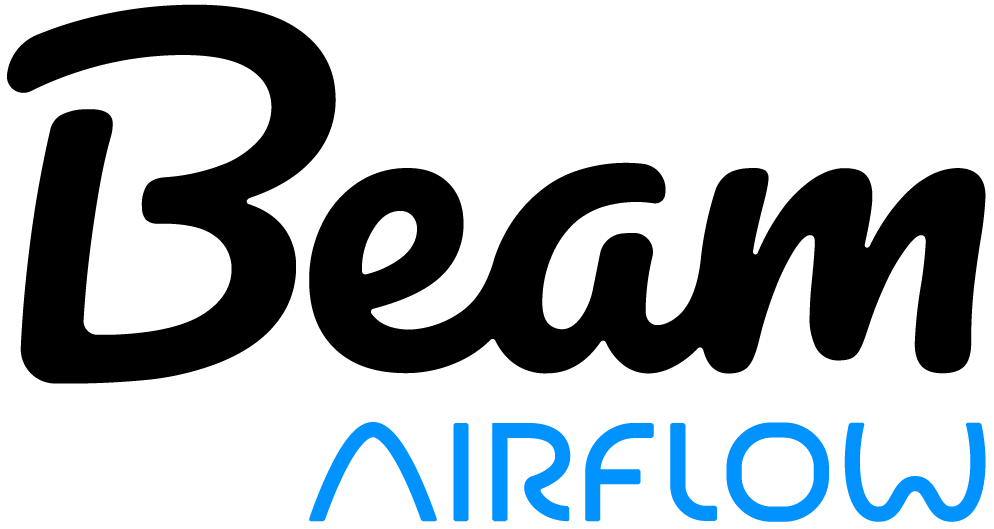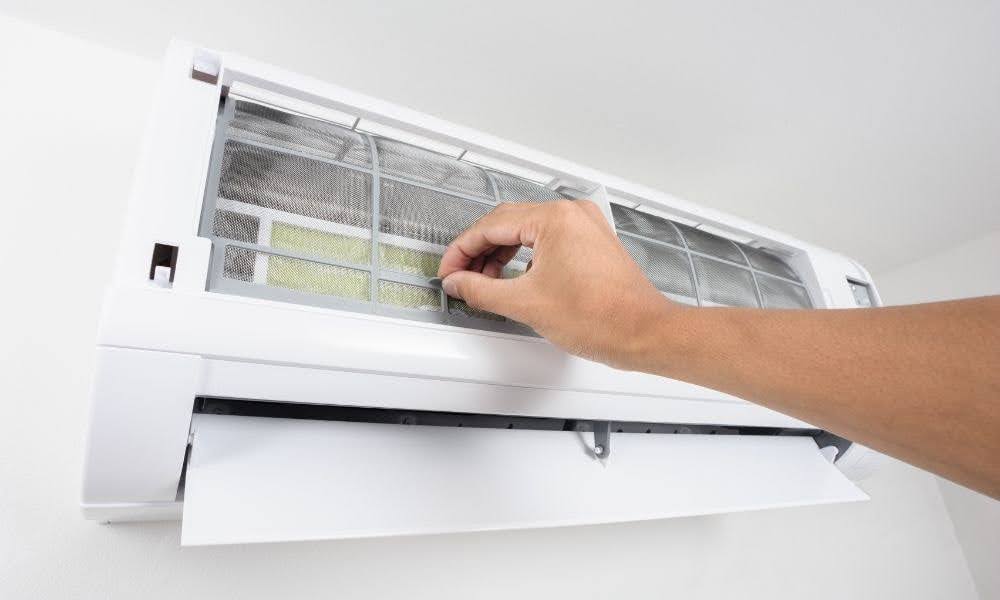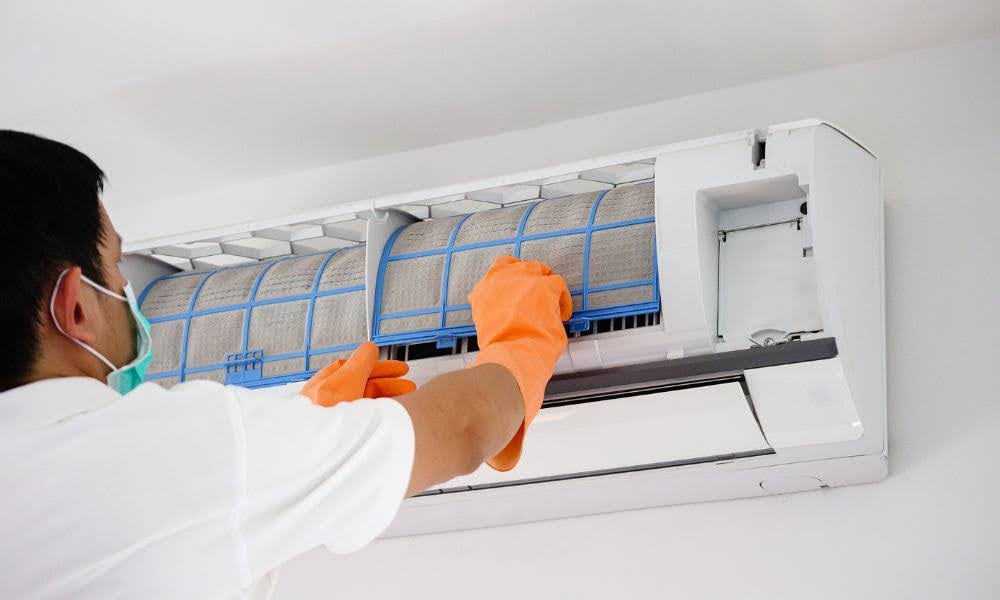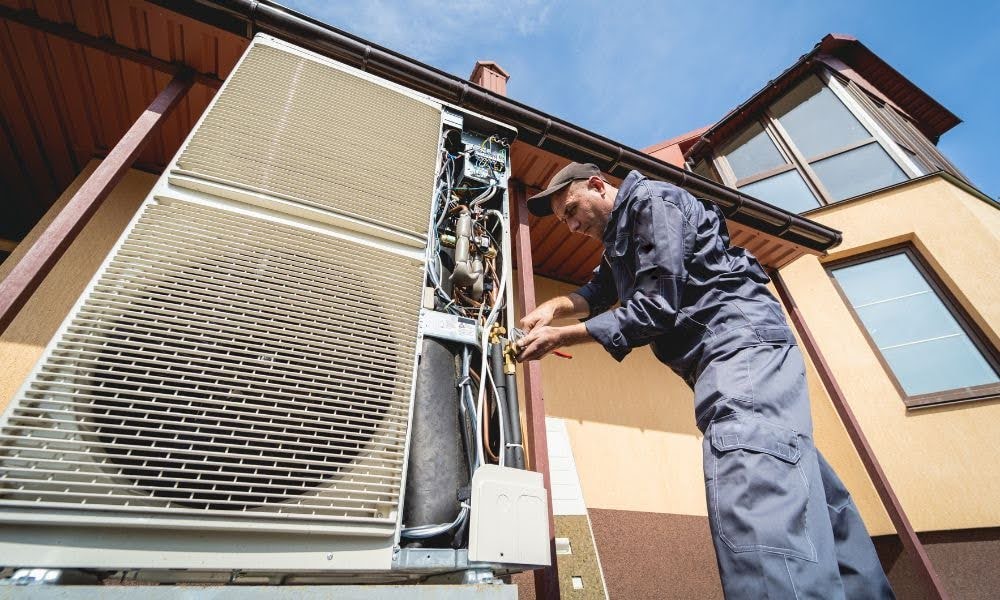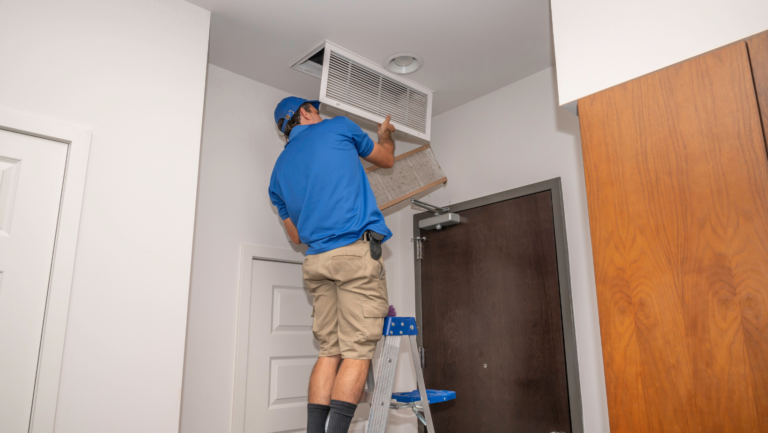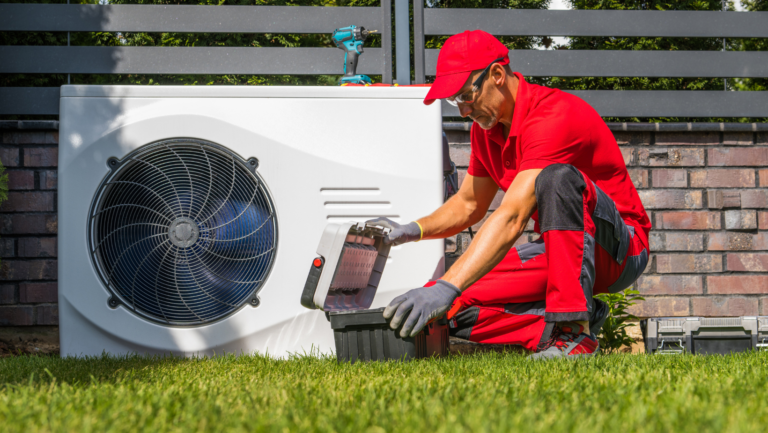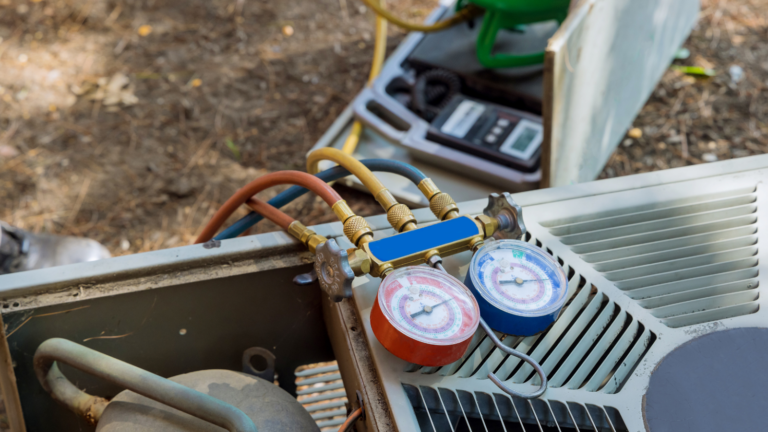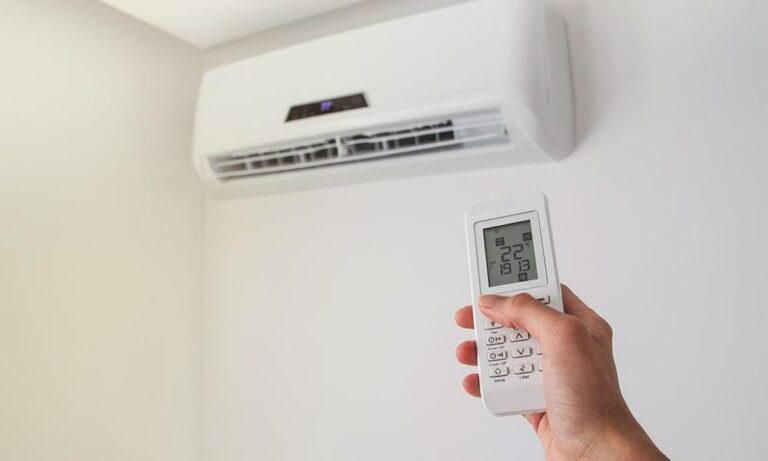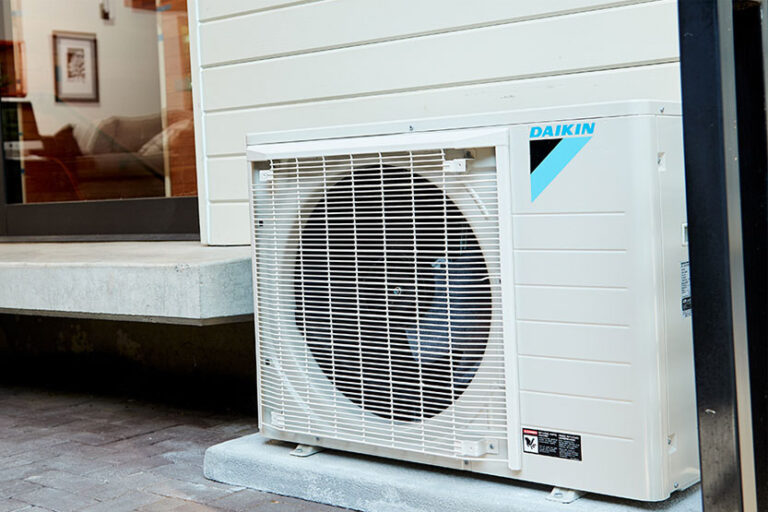Maximizing the Lifespan of Your HVAC System: A Comprehensive Guide
Imagine it’s the peak of summer, and your air conditioner suddenly stops working. It’s a frustrating situation that many homeowners face, but it can often be avoided with proper care and attention to your HVAC system. Ensuring your HVAC system lasts as long as possible not only saves you money but also keeps your home comfortable year-round. Understanding the essentials of regular HVAC system maintenance is crucial for avoiding unexpected breakdowns and extending your HVAC’s lifespan effectively.
This comprehensive guide will delve into various aspects of maintaining your HVAC system to maximize its longevity. From understanding the components of your AC unit to professional maintenance tips and seasonal preparations, we’ll cover everything you need to keep your system running smoothly. Let’s explore the steps and strategies to ensure your HVAC system remains efficient and reliable for years to come.
Understanding Your HVAC System
To effectively maintain your HVAC system and ensure its longevity, it’s essential to understand its core components and how they work together to regulate the temperature and air quality in your home.
Components of an HVAC System
- Heating Elements – The heating components of an HVAC system typically include a furnace or heat pump. These elements are responsible for warming the air during colder months. Furnaces burn fuel (such as gas or oil) to generate heat, while heat pumps transfer heat from outside into your home.
- Cooling Elements – The cooling components mainly consist of an air conditioner or heat pump. These elements work to remove heat from the air inside your home, providing a cool and comfortable environment. The key parts include the evaporator coil, condenser coil, and refrigerant, which work together to absorb and expel heat.
- Ventilation Components – Ventilation is crucial for maintaining indoor air quality and ensuring efficient HVAC operation. This includes ductwork, vents, and filters that distribute air throughout your home and remove contaminants. Proper ventilation ensures that heated or cooled air reaches every room and that stale air is expelled.
How HVAC Systems Work
HVAC systems operate by controlling the flow of air, heating or cooling it as needed, and circulating it throughout the home. In the cooling mode, the system absorbs heat from the indoor air using the evaporator coil and releases it outside through the condenser coil. Conversely, in heating mode, the furnace or heat pump generates warmth that is distributed via the ductwork. The thermostat regulates the temperature by controlling when the HVAC system turns on or off, ensuring your home remains at a comfortable temperature.
Initial Considerations
Selecting the right HVAC system involves evaluating the size and capacity needed to efficiently heat and cool your home. An undersized system will struggle to maintain comfortable temperatures, while an oversized one can lead to energy wastage and wear and tear. Pay attention to energy efficiency ratings, like SEER for air conditioners. Higher ratings indicate better efficiency, leading to lower energy bills and reduced environmental impact.
Proper installation is critical to the performance and longevity of your HVAC system. An incorrectly installed system can result in reduced efficiency, frequent breakdowns, and shortened lifespan. It’s essential to hire a qualified technician who has the expertise and experience to install your system correctly. Look for a certified HVAC contractor with good reviews and ask for references to ensure you’re choosing someone reliable. A well-installed HVAC system will operate at its optimal efficiency, providing consistent comfort and potentially saving you costly repairs down the line.
Regular Maintenance
Regular HVAC maintenance is vital for keeping your air conditioning unit running efficiently and extending its lifespan. Routine maintenance helps prevent breakdowns, improves system performance, and ensures optimal energy efficiency. Creating a maintenance schedule ensures that all necessary tasks are performed at the right intervals.
While some maintenance tasks, like changing air filters and cleaning vents, can be done by homeowners, others require a professional. DIY maintenance can handle minor upkeep, but professional maintenance is crucial for thorough inspections and system diagnostics. This approach is essential for both HVAC units and central air conditioning units, ensuring they operate smoothly year-round and helping to extend your HVAC’s lifespan.
Air Filter Management
Proper air filter management is crucial for maintaining the efficiency and prolonging the life of your HVAC system. There are various types of air filters available, including disposable and reusable options. Disposable filters are convenient but need regular replacement, while reusable filters can be washed and reused multiple times, offering cost savings over the long term.
HEPA filters, known for their high efficiency in trapping tiny particles, are especially beneficial for improving indoor air quality. Regularly changing air filters is essential as clogged or dirty filters can significantly reduce the system’s performance and increase energy consumption, ultimately affecting the average HVAC lifespan.
Cleaning and Inspecting Components
Regularly cleaning and inspecting components of your HVAC system is essential for maintaining efficiency and extending its lifespan. Start with the evaporator and condenser coils; dirty coils can reduce the system’s ability to cool your home and increase energy consumption. Condenser cleaning involves removing debris from the outdoor unit and ensuring the fins are clean and unobstructed. Don’t forget to clean the ductwork, as dust and debris can accumulate, affecting air quality and system performance.
Seasonal Preparations
Preparing your HVAC system for seasonal changes is essential to ensure proper airflow and efficiency. As winter approaches, start by checking the heating system, including the heat exchanger, to ensure it is ready for actively heating your home. Insulating air ducts can help maintain heat and reduce energy costs. When preparing for summer, focus on servicing the cooling system by cleaning the outside HVAC units to remove debris and improve condenser efficiency. Also, inspect and clean the air ducts to ensure they are free from blockages and can distribute cool air effectively. Regular seasonal preparations help maintain the performance and longevity of your HVAC system throughout the year.
Optimizing System Efficiency
To optimize your HVAC system’s efficiency, start by setting optimal thermostat temperatures to maintain comfort without overworking the system. Using a programmable thermostat allows for automatic adjustments based on your schedule, ensuring energy savings when you’re away. Improving home insulation is also vital; seal windows and doors to prevent drafts and insulate attics and walls to maintain consistent indoor temperatures.
Preventing Overuse
Implementing zoning systems allows you to control temperatures in different areas of your home, improving efficiency by heating or cooling only where needed. Using fans and ventilators helps distribute air more evenly, reducing the load on your HVAC system. Smart usage of HVAC systems includes making nighttime adjustments to lower energy consumption and knowing when to turn off your system to prevent unnecessary operation.
Upgrading System Components
Upgrading system components can bring substantial benefits to your HVAC system’s performance and efficiency. Transitioning to energy-efficient models reduces energy consumption and lowers utility bills, making it a worthwhile investment. Retrofitting older systems with modern components improves their functionality and extends their lifespan, giving you the best of both worlds. Whether it’s updating your thermostat to a programmable smart version or replacing outdated parts with high-efficiency alternatives, these upgrades ensure your HVAC system operates at peak efficiency, providing better comfort and reliability.
Addressing Common Issues
Troubleshooting common HVAC issues can keep your system running smoothly. If your system provides no heat or cooling, start by checking the thermostat and resetting circuit breakers. Strange noises may signal loose parts or obstructions, which should be inspected promptly. Weak airflow often results from blocked ducts or dirty filters, which require cleaning or replacement. When issues persist, or repairs seem complex, it’s essential to call a professional to avoid further damage and ensure safe operation.
Dealing with Extreme Weather
Extreme weather can impact your HVAC system’s performance significantly. In extreme cold, make sure your system is well-insulated and check for any drafts that could reduce efficiency. During extreme heat, ensure your cooling system is serviced and that outdoor units are shaded and free from obstructions. Protecting your HVAC system from storms includes securing the unit, using a cover when necessary, and ensuring proper drainage to prevent water damage.
Importance of Air Quality
The role of your HVAC system in maintaining indoor air quality is significant. HVAC systems can filter out pollutants, allergens, and other contaminants, ensuring cleaner air. Using air purifiers and humidifiers can enhance this effect, providing additional filtration and maintaining optimal humidity levels. Controlling humidity prevents mold growth and creates a healthier living environment, making it essential for overall well-being.
Economic Considerations
Considering the economic aspects of HVAC maintenance versus replacement is essential for making informed decisions. A cost-benefit analysis helps determine whether routine maintenance or a complete system replacement is more economical. Calculating the return on investment for upgrades shows potential savings in energy costs and improved efficiency. Exploring financing options can make HVAC maintenance and upgrades more affordable, allowing homeowners to invest in better systems without immediate financial strain.
Environmental Impact
Your HVAC system’s environmental impact can be mitigated with efficient models that reduce energy consumption and lower carbon footprints. Opting for eco-friendly HVAC options, such as systems with high SEER ratings or those using renewable energy sources, contributes to sustainability. Responsible disposal of old HVAC units ensures that harmful materials are properly managed and recycled, supporting environmental conservation efforts.
Ensure Your HVAC’s Longevity
Proper HVAC maintenance offers long-term benefits that homeowners shouldn’t overlook. Regular upkeep extends the lifespan of your HVAC system, ensuring it runs efficiently and reliably year-round. By understanding your system’s components, performing routine checks, and addressing minor issues promptly, you can avoid costly repairs and replacements. Investing in energy-efficient upgrades and professional maintenance cuts energy bills while improving indoor air quality and comfort. For a well-functioning HVAC system that serves your home effectively, prioritize maintenance and smart usage practices.
